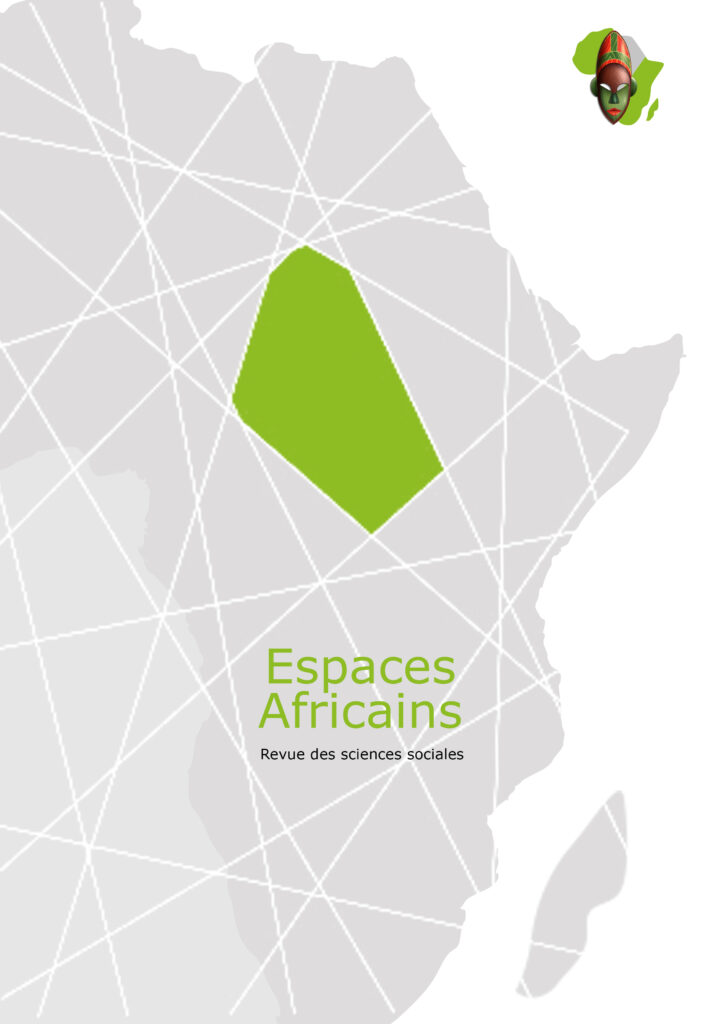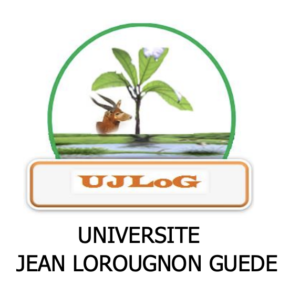Revue Espaces Africains - Groupe de recherche pluridisciplinaire et international « Populations, Sociétés & Territoires » (PoSTer)
Analyse de l’appropriation des objectifs du développement durable (ODD) par les collectivités territoriales dans un contexte de territorialisation des politiques publiques au Sénégal
Résumé
L’appropriation par les collectivités territoriales (CT) des Objectifs du développement durable (ODD), adoptés en 2015 par les Nations Unies, repose sur le principe « ne laisser personne de côté ». Ce principe place les 17 ODD au cœur des politiques territoriales et interroge notamment leur implémentation dans des espaces en situation de fragilité sociale et économique. Cet article analyse les enjeux de cette appropriation des ODD dans un contexte de territorialisation des politiques publiques au Sénégal. La méthodologie utilisée combine une analyse de contenu des documents institutionnels et des enquêtes de terrain (qualitative et quantitative) auprès d’acteurs de niveau international, national et local. Les résultats montrent que les ODD sont globalement intégrés dans les politiques nationales, mais partiellement dans celles des CT en raison du manque de connaissance des ODD ainsi que la prégnance des urgences sociales. L’article souligne l’importance des collectivités territoriales dans la réalisation pleine de l’agenda 2030.
Abstract
The appropriation of the Sustainable Development Goals (SDGs), adopted in 2015 by the United Nations, by local and regional authorities (LGs) is based on the principle of « leaving no one behind ». This principle places the 17 SDGs at the heart of territorial policies and raises questions about their implementation, particularly in socially and economically fragile areas. This article analyzes the issues at stake in this appropriation of the SDGs in a context of territorialization of public policies in Senegal. The methodology used combines a content analysis of institutional documents and field surveys (qualitative and quantitative) of international, national and local stakeholders. The results show that the SDGs are generally integrated into national policies, but only partially into those of local authorities, due to a lack of knowledge of the SDGs and the prevalence of social emergencies. The article underlines the importance of local and regional authorities in the full realization of the 2030 Agenda.


